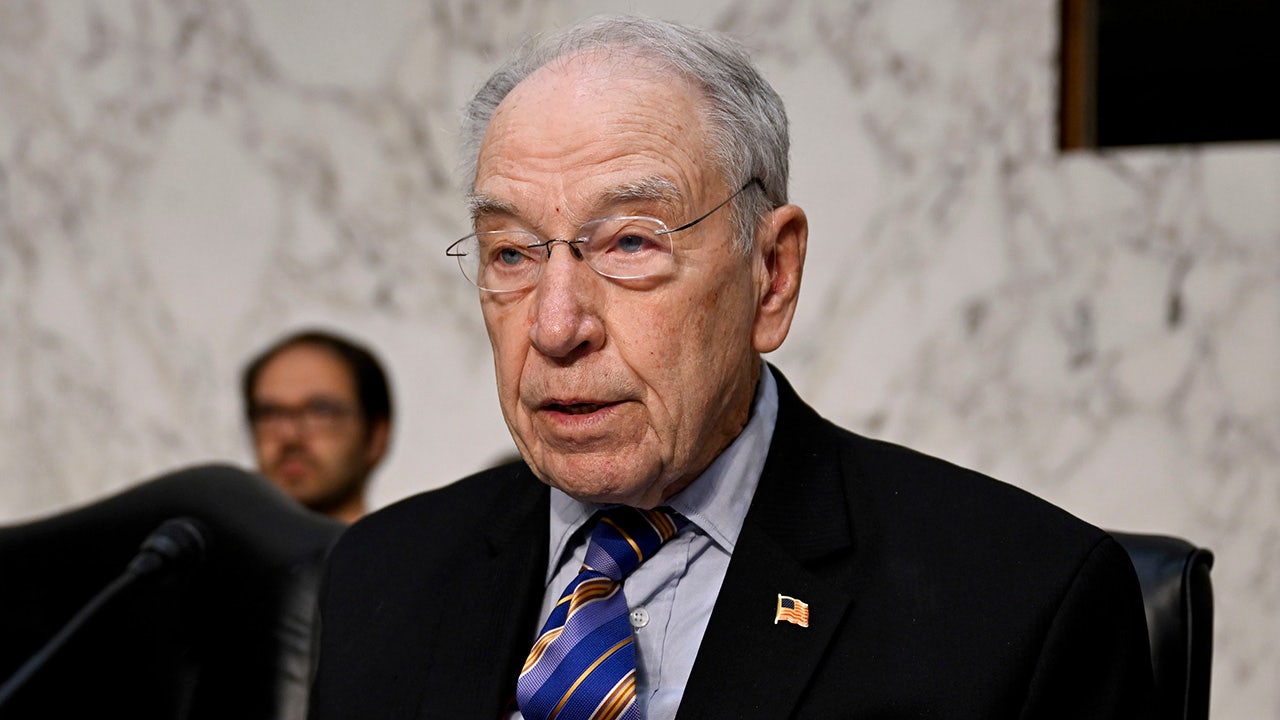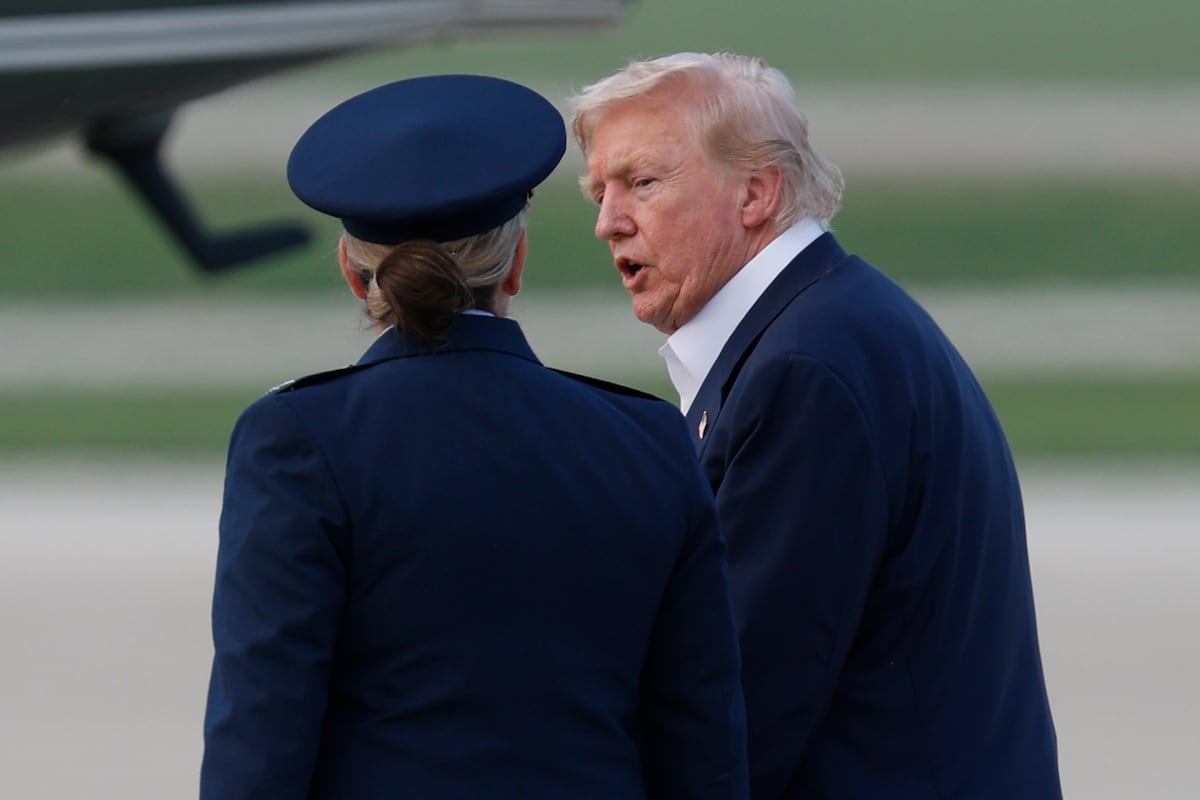Tennis legend Martina Navratilova reacts as Oregon HS girls refuse to share podium with trans athlete

NEWYou can now listen to Fox News articles!
Tennis legend Martina Navratilova reacted to two Oregon high school athletes who refused to stand with a transgender athlete following the girls’ high jump state championships on Saturday.
Reese Eckard, of Sherwood High School, and Alexa Anderson, of Tigard High School, stepped down from the podium and refused to share the spot with the transgender athlete who finished in fifth place. Anderson finished in third and Eckard in fourth.
Footage obtained by Fox News Digital showed an official confronting Eckard and Anderson.
“Women and girls are punished no matter what they do in this misogynistic world…” Navratilova wrote on X.
She added that “Feminists never asked for this. At least not the great majority of us… never.”
Navratilova has been a major voice in the effort to protect women’s sports. She has been particularly critical of Democrats who have failed to step up to the plate, with their Republican colleagues, to help pass legislation to prohibit males from competing in girls’ and women’s sports.
TRANS ATHLETE AB HERNANDEZ TAKES GIRLS’ TRACK AND FIELD STATE CHAMPIONSHIPS IN CALIFORNIA, DEFYING TRUMP

At the start of the year, Navratilova criticized Democratic lawmakers who killed the Protection of Women and Girls in Sports Act. The tennis legend called on Democrats to “grow a spine” in a post on social media.
President Donald Trump signed the “No Men in Women’s Sports” executive order in February, and Navratilova lamented that Democrats failed to do what the president did.
“I hate that the Democrats totally failed women and girls on this very clear issue of women’s sports being for females only,” she wrote in a post on X.
She then posed a question to Democrats as some states thumbed their nose at Trump’s executive order.

“What are the Dems willing to give up for men who identify as trans?” she asked on X. “Abortion… the Constitution… rule of law… That’s just for starters…”
Fox News’ Jackson Thompson contributed to this report.
Follow Fox News Digital’s sports coverage on X, and subscribe to the Fox News Sports Huddle newsletter.






